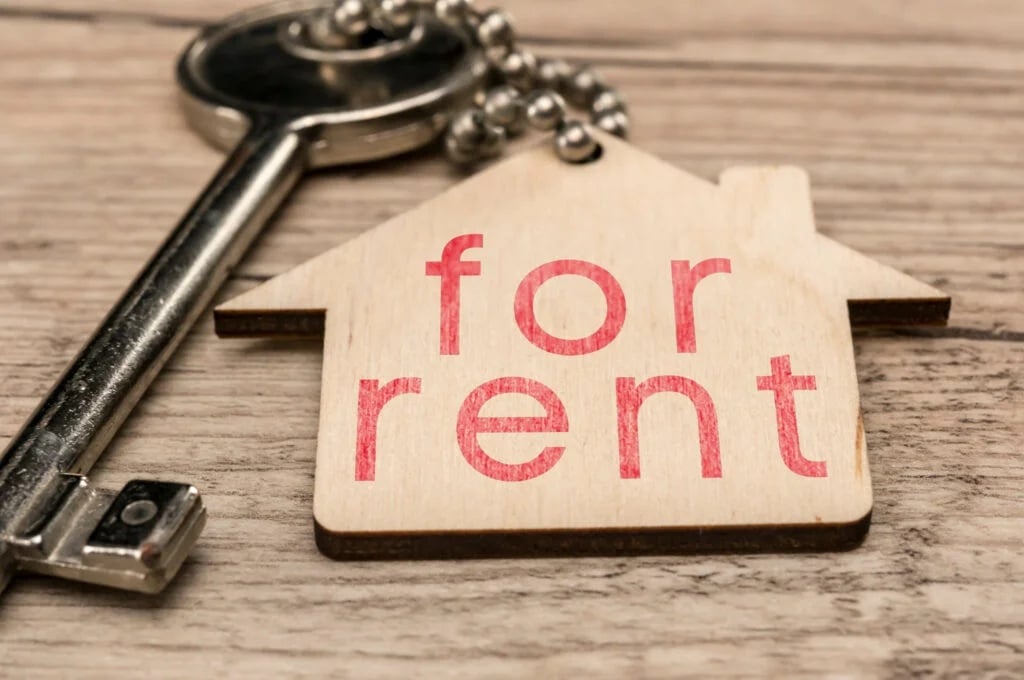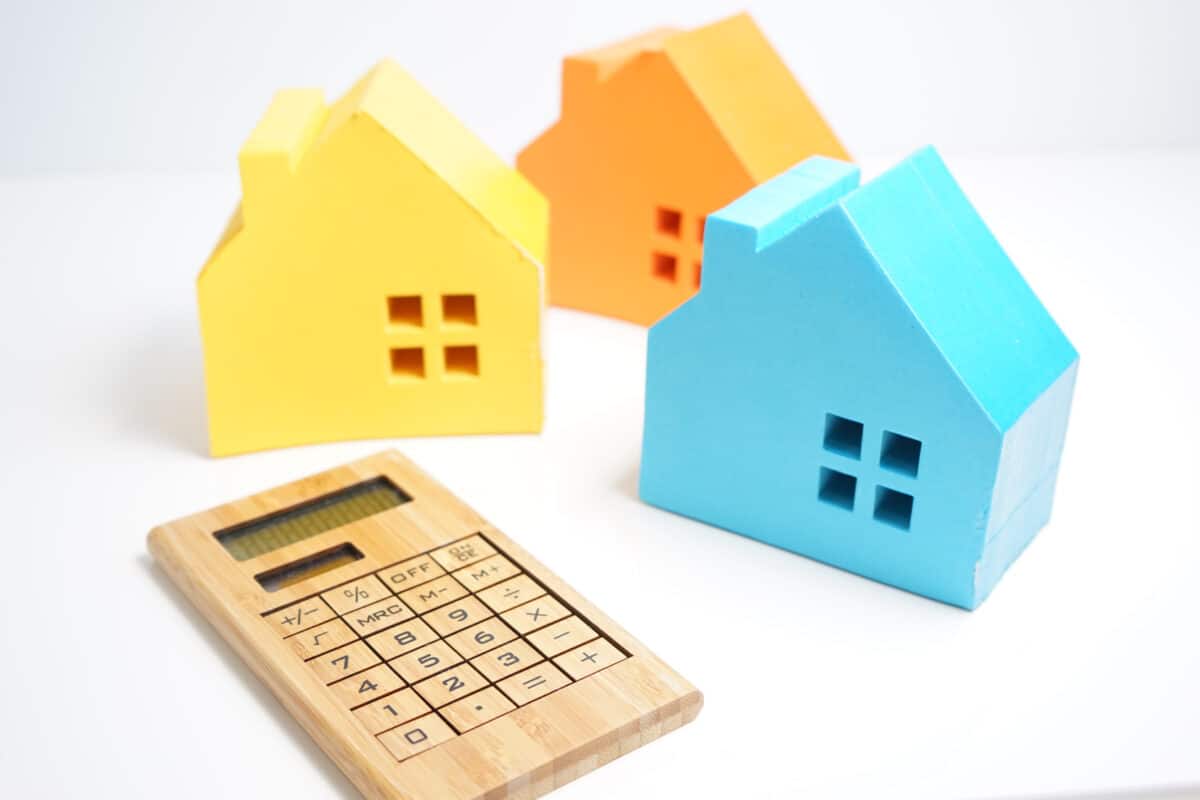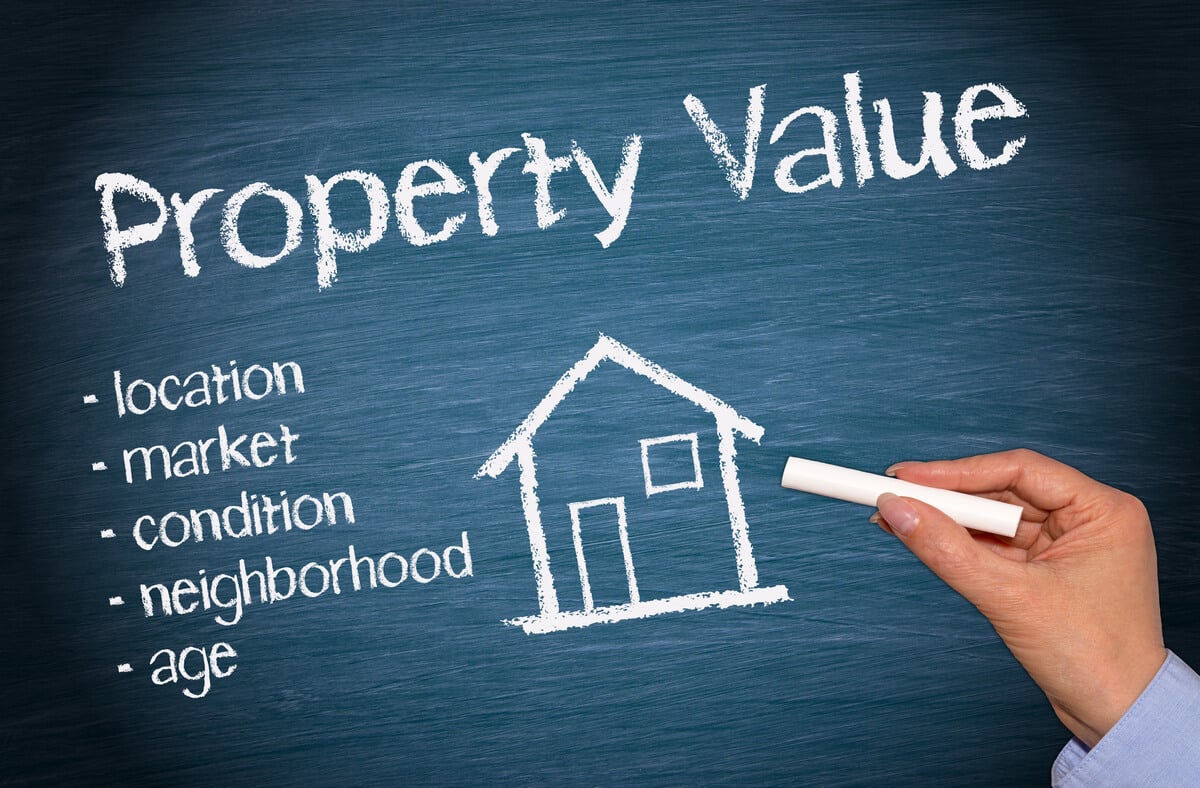Understanding the Pre-Construction Agreement of Purchase and Sale

When you buy something—whether it’s your daily grocery list or something simple—you just pick the item, pay the price, and go about your day. Technically speaking, it’s a transaction. Someone has a product, you have the money, and there’s an exchange.
But when the transaction involves something bigger and more expensive, like a home, especially a pre-construction condo that hasn’t even been built yet, there should be a binding document that acts like a map, showing you what will happen next. Yes, a contract! The pre-construction purchase agreement or the Agreement of Purchase and Sale (APS).But what exactly is it, and what does it contain? That’s what we’ll explain in this blog post. So, read on if you’re considering buying a pre-construction condo in Toronto or other Ontario cities.
Read: Pre-Construction Condos 101: A Beginner’s Guide
What is a Pre-Construction Contract?
Order is what saves us every day from chaos. For everything we do, there must be order and planning — even when you go on a picnic. A pre-construction contract, or what we mostly know as a pre-construction purchase agreement, works as a blueprint for order. For what?
The relationship between you and the builder — what your roles and responsibilities will be in the next couple of years until you get the keys to your home. It doesn’t matter what you’re buying: a new condo, a townhome, or a single-family home within a master-planned community. You need this vital document. It protects your rights and the developer’s.
Here’s what a typical pre-construction contract does:
- Defines the relationship between the buyer and the builder
- Spells out the purchase price and how/when deposits are made
- Outlines the construction and occupancy timeline
- Describes what the builder will deliver in terms of finishes, quality, and upgrades
- Includes your rights and protections as a buyer
Why Does This Matter?
Because when you’re buying something that doesn’t exist yet, you’re relying on plans, technically, condo floor plans, promises, and timelines that can change. This makes understanding the contract even more important than in a resale deal.
A few key reasons why buyers need to read new condo contract terms carefully:
- Clauses that allow price increases
- Timelines might shift, not always in your favour
- Surprise changes to layouts or finishes
- Limited ability to cancel or get a refund
Pro tip: Before you commit, know exactly what you’re agreeing to. It could save you from a lot of stress and unexpected costs down the road.
Read: How to Read a Pre-Construction Condo Floor Plan
Key Pre-Con Contract Clauses to Look For
Like us, every pre-construction purchase agreement has its own personality. Some are simple, while others are packed with legal terms & industry jargon that can trip up even savvy buyers. Knowing which clauses to focus on can save you time, stress, and sometimes thousands of dollars.
Let’s break down the essentials:
Purchase Price and Payment Terms
The heart of your agreement. Make sure it’s not just about the number, but also how & when payments happen.
- Total purchase price: Confirm the full price of your unit, including taxes if applicable.
- Deposit structure: Most builders ask for deposits in stages (e.g. 5% on signing, 5% after 30 days, etc.).
- Price adjustment clauses: Some contracts allow for changes due to development fees or levies. Always ask: Can the price go up later?
Watch out for: Vague language like “subject to adjustments” or “to be determined.”
Read: Buying Pre-Construction: What are Deposit Structures?

Project Timeline
The expected preconstruction condo timeline matters more than you might think, especially if you’re planning your own move-out or rental timing around it.
- Estimated start and completion dates
- Firm vs. tentative occupancy: Know the difference; one gives you a more guaranteed move-in date, the other leaves room for delays.
- Builder delays and penalties: Does the contract include compensation if timelines aren’t met?
Read: The Pre-Construction Condo Timeline Explained
Completion & Occupancy
When everything is ready to go, how do you officially take possession? This section lays out the steps & conditions for turning the key.
- Occupancy process: Includes interim occupancy for condos, where you can live in the unit before you officially own it.
- What happens if delays go too far?
- Cancellation rights: In rare cases, projects get cancelled. Make sure you understand the refund terms if this happens.
Read: Everything You Should Know about Interim Occupancy in Canada
Builder Responsibilities
You’re buying more than just a floor plan. The builder’s obligations should be clearly outlined.
- Construction quality standards
- Specified materials and finishes (watch out for “builder’s discretion” wording)
- Warranties and guarantees—what’s covered, and for how long
Pro tip: Don’t assume your finishes or layout can’t change. Always confirm upgrade policies and the fine print around substitutions.
Change Orders
Plans change. But when they do, who pays, & how is it documented?
- What’s a change order? Any modification to layout, finishes, or upgrades.
- Who initiates it? You, the builder, or both.
- Cost responsibility: Are you required to approve additional charges in writing?
Always get change orders in writing and make sure they include timelines and cost breakdowns.
Essential Buyer Protections in a Pre-Construction Agreement
Yes, buying a pre-construction condo is exciting, but it’s also a big commitment from a financial perspective.
Good news: Most contracts include built-in protections to help keep things fair & give you peace of mind. Here’s what to look for:
Refund and Cancellation Rights
Life happens, and so do project delays. Your agreement should outline when and how you can walk away (and of course, get your money back).
- Cooling-off period: You have a 10-day window to cancel with no penalty; some sort of Ctrl + Z!
- Project delays or cancellations: What happens if the builder doesn’t deliver on time, or at all?
- Unmet conditions: If specific conditions aren’t fulfilled (e.g., financing, permits), can you cancel and get a full refund?
Pro tip: Make sure you get cancellation terms in writing. Don’t rely on verbal promises.

Construction Insurance
During the build phase, unexpected things can go wrong and believe us, it’s a long list. That’s where construction insurance comes in.
- Coverage for damages: Includes issues like fire, flooding, or vandalism during construction.
- Builder’s responsibility: Who’s accountable for insuring the project?
Reminder: You’re not liable for most construction-phase risks, but it’s good to verify the builder has proper coverage.
Dispute Resolution
A universal fact: disagreements happen.
But no one likes to end up in court over minor issues: total waste of time and money. That’s why there should be a fair and structured resolution process.
- Arbitration or mediation clauses: These can help resolve conflicts quickly & affordably.
- Clear steps for disputes: Does the contract mention how complaints will be handled?
Pro tip: A good contract protects both sides & gives you a voice if something goes sideways.
Tarion Warranty
One of the most important protections for new home buyers in Ontario is the Tarion Warranty Program.
- What’s covered?
- 1 year for materials and workmanship
- 2 years for plumbing, heating, and electrical systems
- 7 years for major structural defects
- Builder must be registered with Tarion to offer this warranty
- Peace of mind: It protects you long after you move in
Read: New Home Warranty Programs (Tarion) Explained
Pre-Construction Contract Checklist
Pause and take a moment to double-check the details before you sign anything. A well-written pre-construction agreement protects both your investment & your expectations. Here’s a practical checklist:
Pricing & Payment
- Is the total purchase price clearly stated?
- Does the contract include a deposit schedule with due dates & amounts?
- Are there any clauses that allow the builder to increase the price (e.g. for material costs or government fees)?
Watch out for vague wording around price adjustments & ask questions if something’s unclear.
Timelines & Occupancy
- Are the project start and completion dates realistic and clearly defined?
- Does the contract explain what happens if the builder is delayed?
- Is there a clear occupancy & final closing date or an explanation of how it will be determined?
Read: Buying Pre-Construction Condo in Ontario: Interim Occupancy vs Final Closing
Builder Responsibilities
- Are the construction materials & finish quality outlined?
- Does the builder provide written warranties or guarantees beyond Tarion?
- Are you protected if the builder substitutes lower-quality materials?
Pro tip: Be wary of vague language like “or equivalent.” Always ask what that really means.
Change Orders
- Does the agreement explain how changes to layout or features are handled?
- Who is responsible for extra costs or upgrades?
- Is there a clear process for documenting changes in writing?
You don’t want any surprise charges. Ask how upgrades are priced and approved.
Protections & Legal Clauses
- Are your cancellation rights clearly defined?
- Does the agreement include construction insurance details?
- Is there a dispute resolution plan (e.g. mediation or arbitration)?
- Is Tarion Warranty coverage clearly stated?
If something’s missing or hard to understand, bring the contract to a real estate lawyer. It’s worth it.

Bottom Line
A pre-construction purchase agreement isn’t just paperwork, it’s the foundation of your future home or investment. From the purchase price and payment terms to builder responsibilities and buyer protections, every clause can impact your experience down the road.
Our final advice? Take your time. Ask questions. And most importantly, ask for help from professionals and experts. Don’t be afraid to walk away if something doesn’t feel right. Your hard-earned cash, your property, & your peace of mind are at stake.
If you’re exploring pre-construction properties and want expert guidance, we’re here to help. Contact us today to make sure your next move is a smart one.
Jatin Gill, an esteemed authority in real estate writing, is celebrated globally for his unparalleled expertise. With over 20 years in the industry, he has authored more than 1,000 SEO-friendly articles covering every facet of real estate. Specializing in pre-construction projects, Jatin's extensive knowledge spans all real estate topics. His content is a go-to resource for anyone seeking comprehensive, insightful, and up-to-date information in the real estate market.
Learn MoreFAQs
A legally binding contract between you (the buyer) and the builder/developer. It outlines the terms of buying a property that hasn’t been built yet, including the price, deposit structure, timeline, and your rights as a purchaser.
Sometimes—yes. Certain agreements include clauses that allow price adjustments for things like increased development charges or upgrades. Always read the fine print and ask your lawyer to explain potential cost changes.
Most contracts include a grace period, but if delays go beyond that, you may be entitled to compensation, or even the option to cancel the contract in extreme cases. The Tarion Warranty also provides guidelines on delays.
Yes, but only under specific conditions. Ontario buyers typically have a 10-day cooling-off period, and other cancellation rights may apply if conditions aren’t met (e.g. financing or zoning approvals). After that, cancellation may incur penalties.
Absolutely. Pre-construction contracts can be lengthy and complex. A lawyer will help you understand hidden clauses, your obligations, and your rights.
Additional Resources















Awards & Achievement










Subscribe for the Latest Condo Deals
Apologies, our subscription list for this month is now full. Please register on our website to secure your spot for next month. Thank you for your interest!

